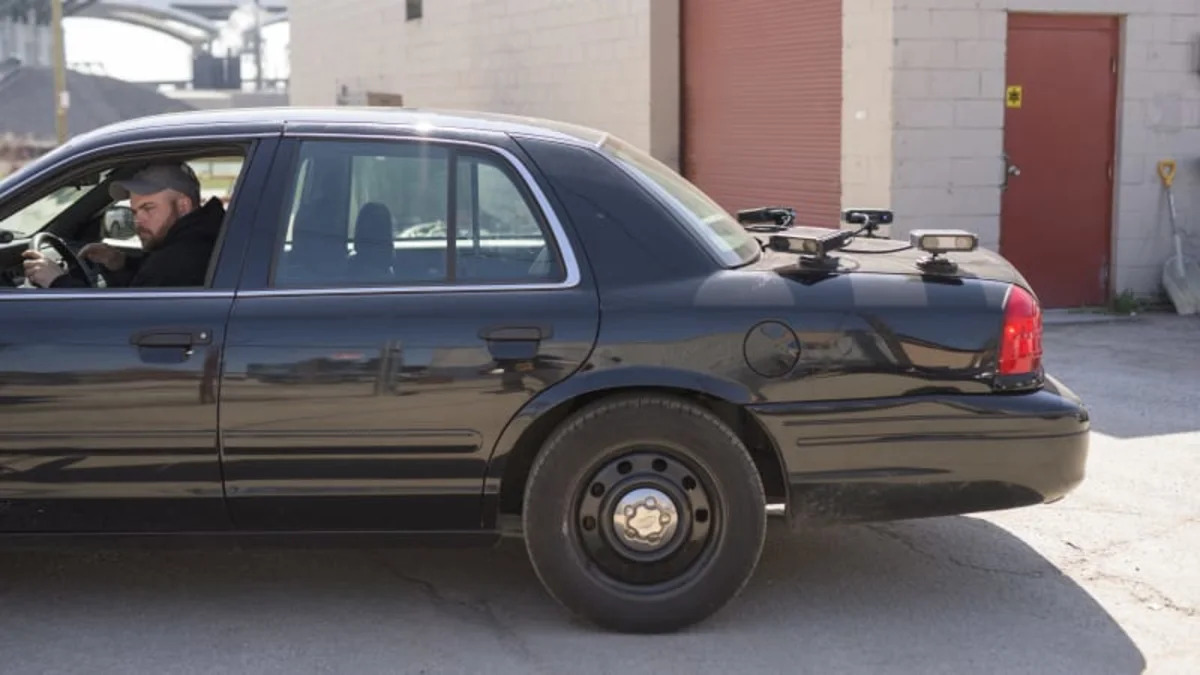Repo man Derek Lewis backs a car equipped with license plate recognition cameras out of the garage at Relentless Recovery in Cleveland, Ohio, before going out to scan for cars that need to be repossessed. (2018 file photo, Washington Post via Getty Images)
It’s hard to read automotive news without hearing stories on rising car prices and gouging car dealers. That’s one side of the story, and while it’s important, there’s a whole other thing happening on the financial side of the market that has experts worried. Vehicle repossessions are on the rise, Barron's reports, meaning many people who bought cars in the past two years are running out of ways to pay for them.
According to Kelley Blue Book, the average price of a new vehicle rose 13.5% year over year to $47,148 in May. Combined with record-high monthly payments, it’s easy to start piecing together the story. Edmunds data showed that a whopping 12.7% of new car buyers are on the hook for payments of $1,000 or more per month.
Those are mortgage payment numbers for much of America, and they’re being applied to a depreciating asset. We’re not talking about luxury makes and models here, either. People are paying over sticker on several new models, and even non-luxury vehicles are becoming more expensive as demand remains strong and supply remains constrained.
Prices are part of the problem, but as Barron’s points out, many buyers are defaulting on loans purchased those vehicles in 2020 or 2021, when they received stimulus money or temporary bumps in pay due to the pandemic. As those benefits recede, some are left holding the bag with a monthly auto loan payment that eats up a significant portion of their monthly incomes. Some expect the scenario to play out like the subprime mortgage crisis in 2008 and 2009, but it’s impossible to tell where inflation and global politics will lead the economy next.
Barron's also interviewed car dealers who regularly purchase repossessed vehicles before they head to auction. One noted that the repossessed cars are coming out of situations where the buyer's loan-to-value ratio is trending well north of 100%. Loan-to-value, or LTV, refers to the loan amount versus vehicle value, so a car worth $10,000 with a $2,000 inventory markup yields an LTV of 120%.
It's tempting to believe the spike in repossession numbers is due to low-wage workers or people with bad credit dragging down the system, but that’s not entirely the case. It’s true that repos for subprime borrowers almost doubled to 11% since 2020, but repos on prime borrowers (people with solid credit) also doubled in the same period, to 4%. The market was also trending negatively before the pandemic began, so buyers who were already in a jam may have had a temporary respite from repos due to the early rollout of pandemic stimulus cash.


Sign in to post
Please sign in to leave a comment.
Continue